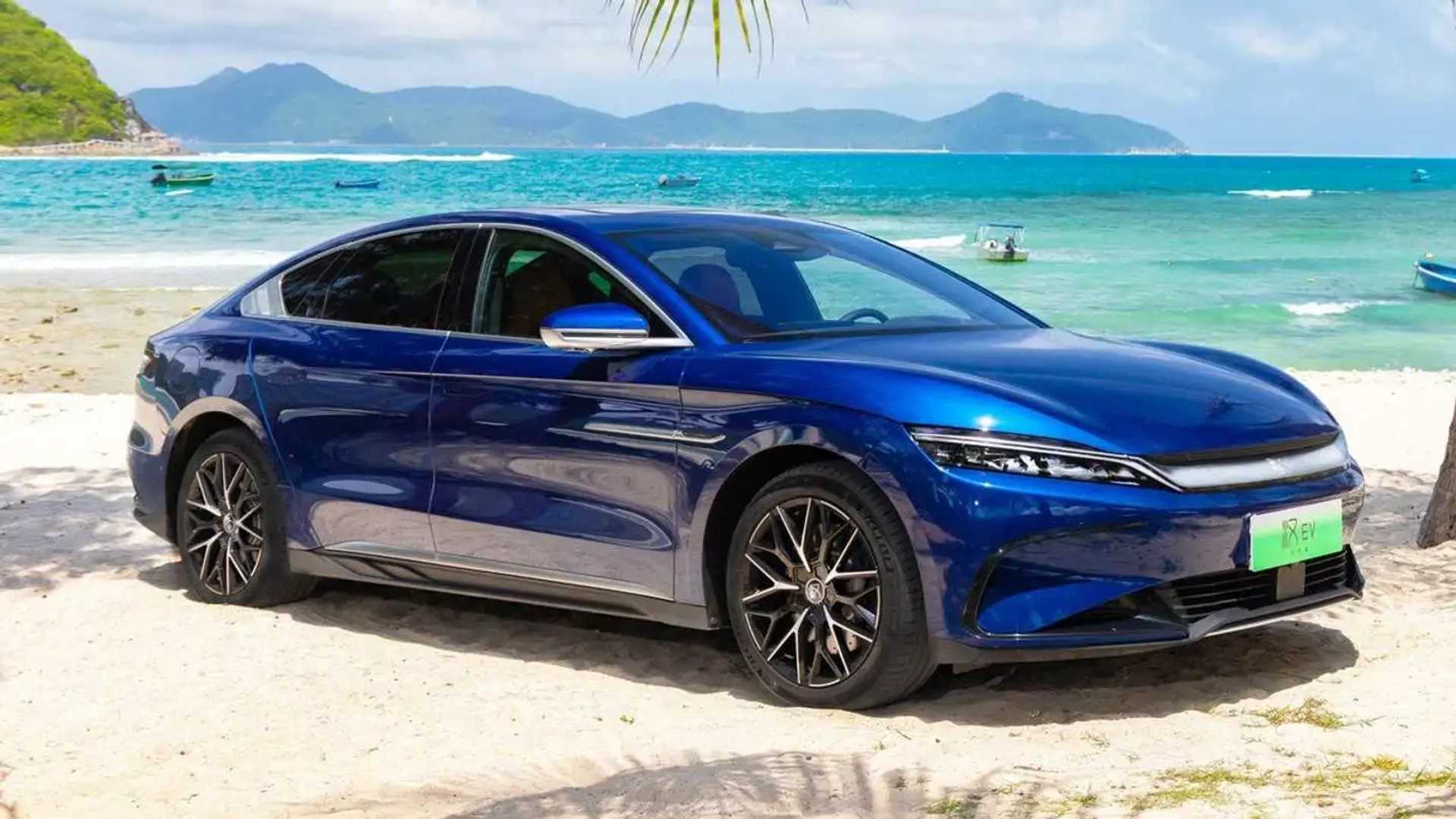
BYD is on a path of fast growth, which soon is expected to translate into millions of plug-in electric cars sold annually.
According to the company's chairman and president Wang Chuanfu (via CnEVPost), BYD is busy increasing production output, as the order backlog reached 700,000 units (as rumored in July), which requires 4-5 months of waiting for new cars.
In August, BYD sales increased by about 174,000, which is the 14th new monthly record in the past 15 months. The plan for this year is to continue the ramp-up toward 280,000 per month (or about 3.4 million per year).
But that's not the ceiling. In 2023, the company would like to sell at least 4 million units, according to the article. It means an average of some 333,000 per month, and potentially 350,000-400,000 per month in peak months.
At this time, the Chinese plug-in market is expected to expand to 9-10 million units, so BYD would like to take at least 40%.
That's a very ambitious plan, which would put BYD among the largest automotive groups globally. Let's recall that in 2021, the company sold less than 600,000 plug-in cars and within 12 months that might be the level of just 6 weeks of production.
The growth is fueled by the high demand for existing models, as well as many new ones that are just entering the market. In August, the company delivered more than 1,000 units of the all-new BYD Seal model.
An interesting thing is that, according to BYD, the growth of sales will allow it to reduce raw material procurement costs by 3-5% a year, which is expected to compensate for the expected removal of subsidies in China. In general, the company targets higher profit margins.
In 2023, BYD will probably introduce a new premium model, with various new features. In 2024, the company plans to launch the fifth-generation of its DM-i plug-in hybrid powertrain.
A very interesting thing is the part about batteries. In 2023 BYD, will mostly supply cells for its own needs. From 2024 on, sales of batteries for other manufacturers will be "significantly larger". We know that Toyota might be a major customer of BYD batteries. There are also rumors about Tesla.
In terms of geographical expansion, BYD would like to expand car sales in Europe. However, in the case of the US, the company is unhappy because it will not get incentives for cars imported from China:
"The latest US subsidy bill is discriminatory and reflects the US government's lack of confidence, Wang said, adding that if the US keeps insisting on this policy, BYD will consider temporarily abandoning the US market."
Let's not forget that for years, a similar practice by China has prevented foreign OEMs from selling electric cars in China (or they would be very expensive). We remember the time when local batteries, local assembly, and 50/50 joint ventures were necessary.







